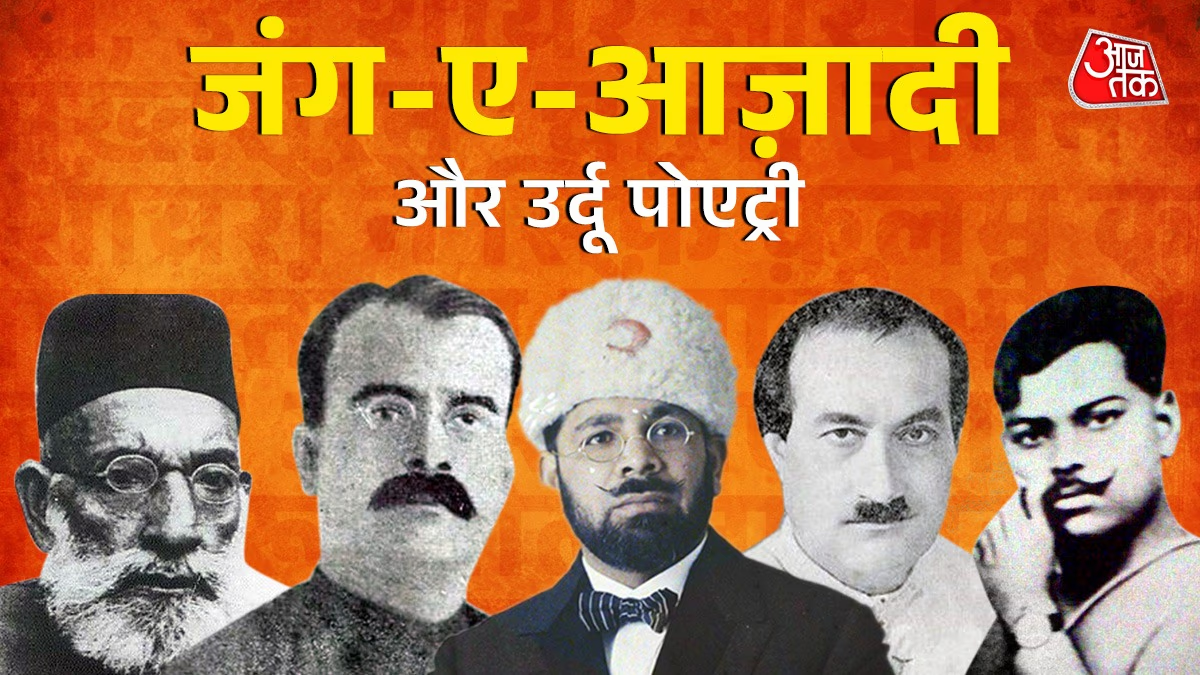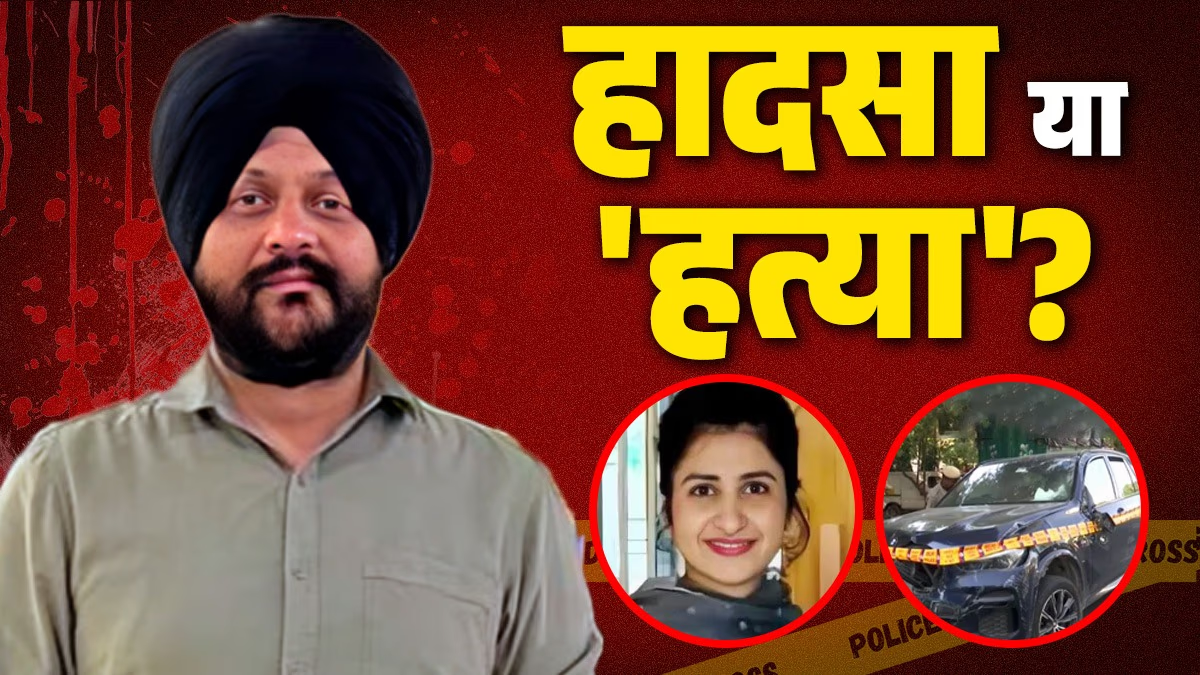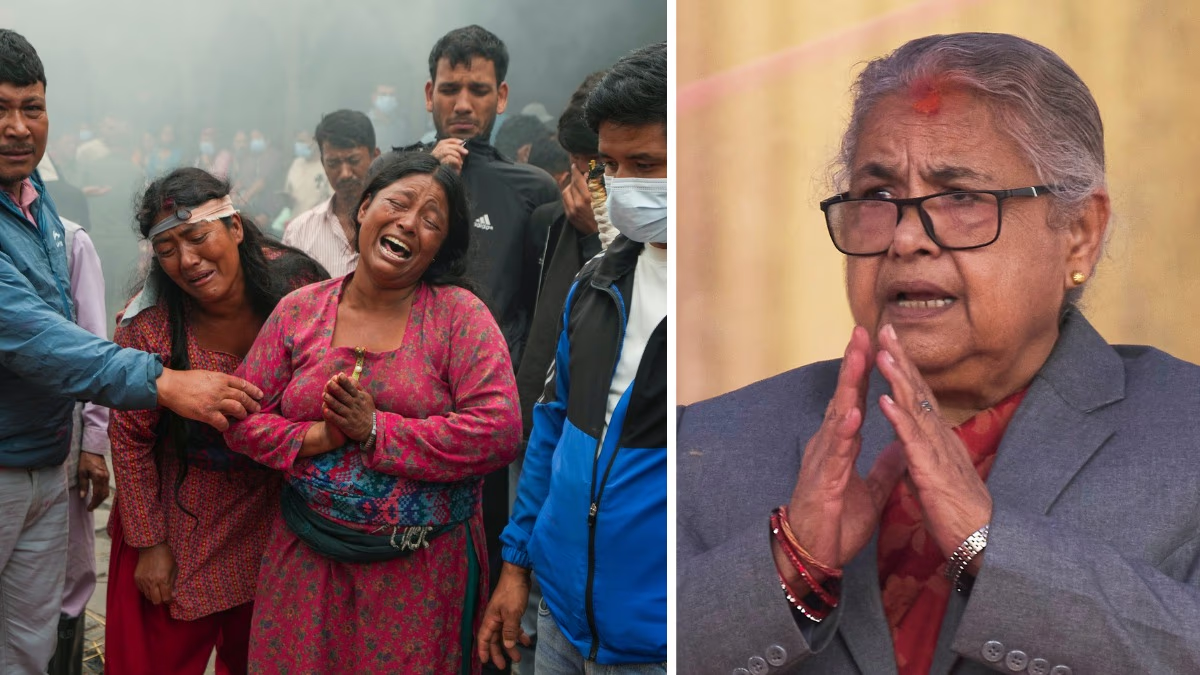“When one speaks, let every word smell like roses; only those who know Urdu can talk this way.”
- Ahmad Wasi
Urdu, renowned for its elegance, melodious intonation, and deep-rooted connection to Indian culture, has a rich literary tradition. Around 1830 to 1947, Urdu was the official language of India. Throughout this period, India experienced governance, rebellions, marches, massacres, and more in its quest for freedom, known as the Indian Independence Movement.
During the freedom struggle, India's leaders and people embraced multiple methods to assert their dignity. In parallel, Urdu litterateurs used their writings to awaken minds, with Urdu poetry gaining notable importance.
“The magic of the Urdu language speaks for itself; The enchantment of India’s soil and sky; India's magic is the world's magic; The magic of the Urdu language speaks for itself.” - Farhat Ehsas
One compelling component of India’s literary heritage is Urdu poetry, which deeply touched the hearts of common people. Emerging in the streets of Delhi in the 19th century as a language of love, by the 20th and 21st centuries, Urdu became a voice of rebellion. During the independence movement, numerous Urdu poets ignited the spirit of resistance through their writing. From love poems to rallying cries, from 1857 to 1947, Urdu literature played a vital role in the resistance against British rule.
Renowned poets like Altaf Hussain Hali, Shibli Nomani, Brij Narayan Chakbast, Hasrat Mohani, Zafar Ali Khan, Josh Malihabadi, Allama Iqbal, Durga Sahai, Muhammad Ali Jauhar, Shaukat Ali, Surur Jahanabadi, Ali Sardar Jafri, Bismil Azimabadi, Chandrashekhar Azad, and Trilok Chand Mahroom, among others, used the power of Urdu to mobilize an entire generation in the freedom struggle.
Theatre director and Urdu-Hindi playwright Dr. M. Saeed Alam told 'aajtak.in': “We can succinctly say that Urdu poetry, Urdu poets, and the Indian freedom struggle go hand in hand. Many Urdu poets not only wielded their pens but also participated as freedom fighters. They were imprisoned, and some faced severe punishments. Among them, the name Hasrat Mohani stands out, who coined the slogan 'Inquilab Zindabad' (Long Live the Revolution). He faced prison multiple times and endured great hardships, which inspired a famous sher (couplet) of his.”
"Despite the hardships of endless writing and grinding mill work, it is quite a spectacle how 'Hasrat' remained steadfast." – Hasrat Mohani
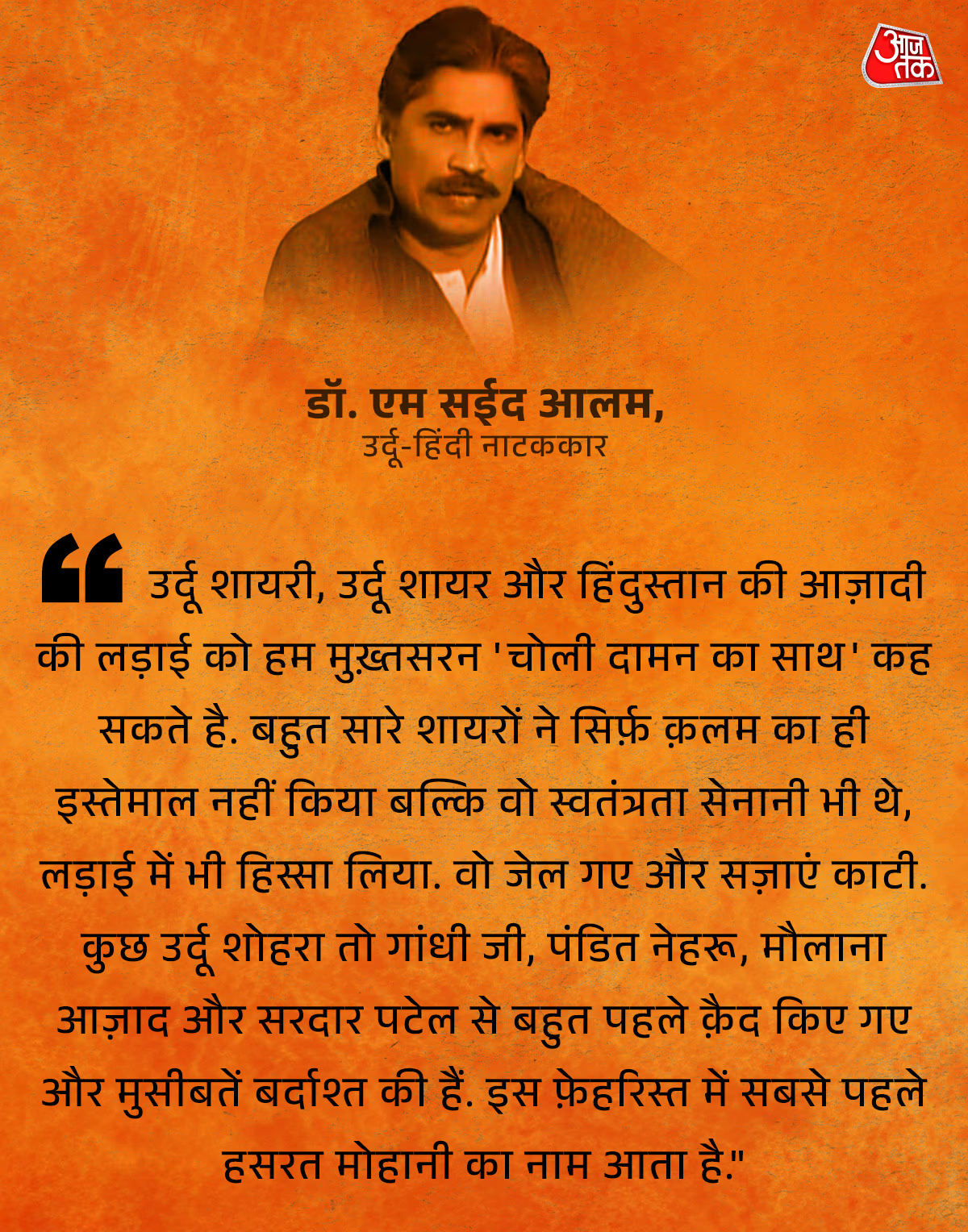
Source: aajtak
Dr. M. Saeed Alam further elaborates: “Maulana Hasrat Mohani can be considered an early freedom fighter, from a period before Gandhi emerged as a national leader. His relationship with Tilak was legendary, and he laid the foundation for political poetry in Ghazals, contributing significantly to both the freedom struggle and Urdu poetry. Despite the romantic nature of Ghazals, he managed to instil revolutionary ideas in his writings, which is a challenging feat.”
He adds that the next prominent name in the freedom struggle through their writings is Josh Malihabadi, who delivered many revolutionary poems. Akbar Allahabadi, though not directly involved in the struggle due to his government job, wrote 300 couplets on Gandhi, surpassing any other poet in any language. His 'Gandhinama' praised Gandhi humorously yet meaningfully.
“Brother, Gandhi's work is extremely sacred; Accompanied by Rampri, calls for the name of Ram.” – Akbar Allahabadi
Josh Malihabadi:
Known as the ‘Poet of Revolution’, Josh Malihabadi’s fiery poetry can never be forgotten. His poem 'Watan' (Homeland) is a testament to his rebellious nature, stirring up a sense of urgency and courage in the reader to rise for the homeland.
“We won’t let your land be desecrated; We won’t let your mantle be shredded; We live for you, and we will die fighting; An elixir we won’t let fall to dust; We have vowed to fight to the end, and at the very least, we promise we will die before surrendering.”
Hasrat Mohani:
In 1921, poet Hasrat Mohani's chant 'Inquilab Zindabad' against the British became the anthem of the freedom struggle. Mohani, the first to demand complete independence for India, faced severe prison sentences multiple times for his revolutionary stance.
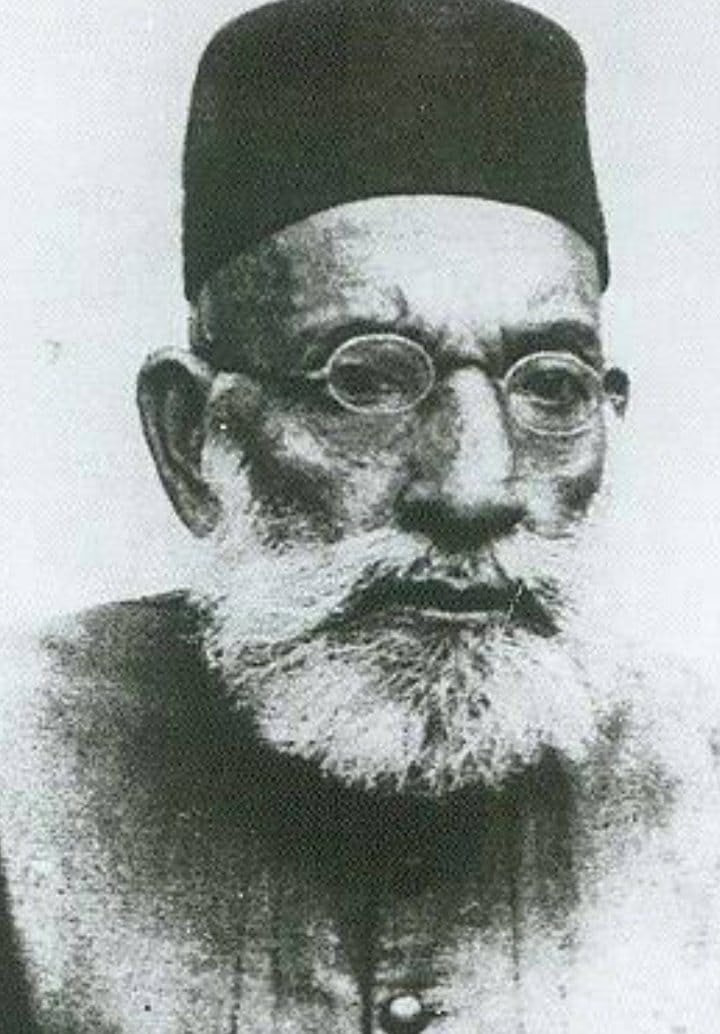
Source: aajtak
“Let us see how long this oppression lasts, How long will freedom remain a dream, How long will Britain loot India's wealth, Unaccounted and without measure.” – Hasrat Mohani
Brij Narayan Chakbast:
Known for his poem on the Ramayana, Brij Narayan Chakbast wrote many fearless poems during the freedom struggle. His patriotic poems like ‘Hub-e-Quami’, ‘Hamara Watan Dil Se Pyara Watan’ and ‘Khak-e-Hind’ stand testament to his love for his country. His poem 'Watan Ka Raag' sharply criticized the enforced 'Home Rule' by the British in 1910, becoming a symbol of inspiration for the movement.
“Searching for thorns in exchange for flowers is pointless; We won’t even accept paradise in exchange for home rule; The dust of our martyrs will make it our surma; For us, chains and shackles are ornaments; adorned by Gandhi in his quest for freedom.”
Mirza Ghalib:
The famous philosopher-poet Mirza Ghalib captured the essence of the 1857 rebellion in his poetic work ‘1857’, describing the plundering of Delhi by British forces.
“The crossroads stand as execution grounds; every house has become a prison; The dust of Delhi thirsts for blood; No one can travel here, from there, nor can anyone venture from here, to there.”
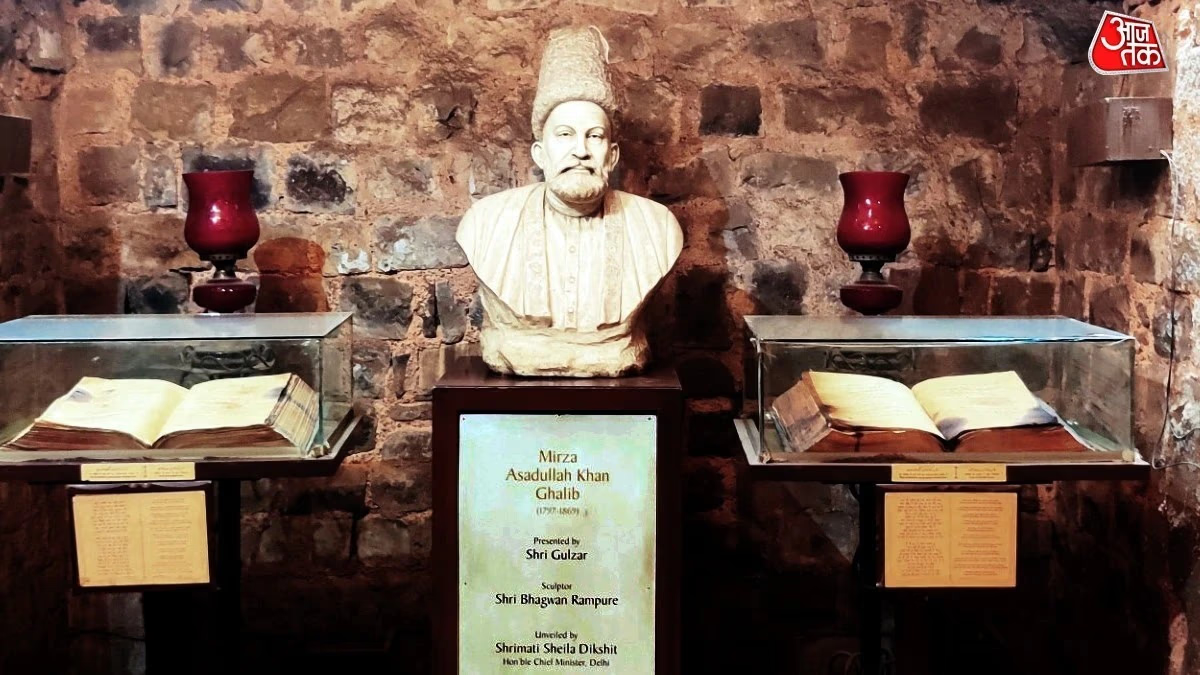
Source: aajtak
Through his writings, Ghalib poignantly painted the picture of a time when every street turned into a gallows and every home a cell.
Altaf Hussain Hali:
A forefather of the movement against British rule, Altaf Hussain’s poem ‘Hub-e-Watan’ (Love for the Homeland) became immensely popular among children, dripping with patriotism.
“Never would I trade even a handful of your soil for paradise; As long as life remains, let no enemy harm our homeland.”
Shibli Nomani:
Like Hali, Shibli’s poetry radiates patriotism. His rebellious tone in the poem 'Tifl-e-Siyasat’ questioned the oppression during British rule.
“Granted you endure a drought from the heavens, But how long will we water your fields with our blood? For the rise of your fortune, you seek dispersion; How long will our dust glisten like gold?”
Mohammad Hussain Azad:
Famous for his work ‘Ab-e-Hayat’ (The Water of Life), Mohammad Hussain Azad was a founder of the modern poetry movement in Urdu. His patriotic poem ‘Hub-e-Watan’ addressed those who grew silent under the circumstances.
“O sun of patriotism, where are you today? Nowhere to be seen; Without you, the world seems steeped in darkness, And the heart’s order is disturbed; Why have our hearts grown cold, with no joy or passion?”
Surur Jahanabadi:
Born in Pilibhit’s Jahanabad, Durga Sahai, under the pen name ‘Surur Jahanabadi’, ignited the spirit of independence. His poem 'Gulzar-e-Watan' imagines a land where birds sing about patriotism and urges everyone to come together to defend their land.
“Let’s create a captivating garden in India; Plant saplings of patriotism anew; Let flowers bloom without sorrow for the nest; Together, let’s sing a song of unity and love for our country.”
Zafar Ali Khan:
A freedom fighter and poet, Zafar Ali Khan wrote many revolutionary and patriotic poems, infusing the hearts of Indians with a passion for freedom. His poem 'Inquilab-e-Hind' is a stellar example, describing India’s revolution as a global phenomenon.
“You’ve seen the revolution of the heavens many times; Open your eyes and witness India’s revolution now; The East and West tremble; India’s revolution is a revolution for the world.”
Ali Sardar Jafri:
One of the leading progressive Urdu poets, Ali Sardar Jafri actively participated in the national movement and was imprisoned several times for his political activities. While behind bars, he wrote many poems, like 'Utho', urging everyone to rise.
“Get up, oh gardeners of India; rise; rise, enthusiastic youth; Rise, farmers; rise, workers; Spark new life; Break your chains and reshape the world.”
Allama Iqbal:
Renowned poet and philosopher Allama Iqbal, though not part of the freedom movement, wrote many poems filled with unity and patriotism. Songs like 'Tarana-e-Hindi' (Better Than the Entire World) and his other works still resonate today. Iqbal’s poem 'Hindustani Bachon Ka Qaumi Geet' (National Song of Indian Children) calls on the new generation to remember the forgotten glory.
“In the land where one hears the call to truth from Chishti; Where Nanak sang the song of unity; That same land where Tatars made it their home; The same land that freed the deserts from Meccans; This is my homeland, this is my homeland.”
Bismil Azimabadi
's writings inspired a generation of revolutionaries, famously recited by Bhagat Singh, Rajguru, and Sukhdev as they faced execution.
“The desire for martyrdom resides in our hearts; Let's see how much strength the executioner wields.”
Chandrashekhar Azad
's immortal lines continue to inspire soldiers today.
“We will face the bullets of the enemies, we have remained free, and we will remain free.”
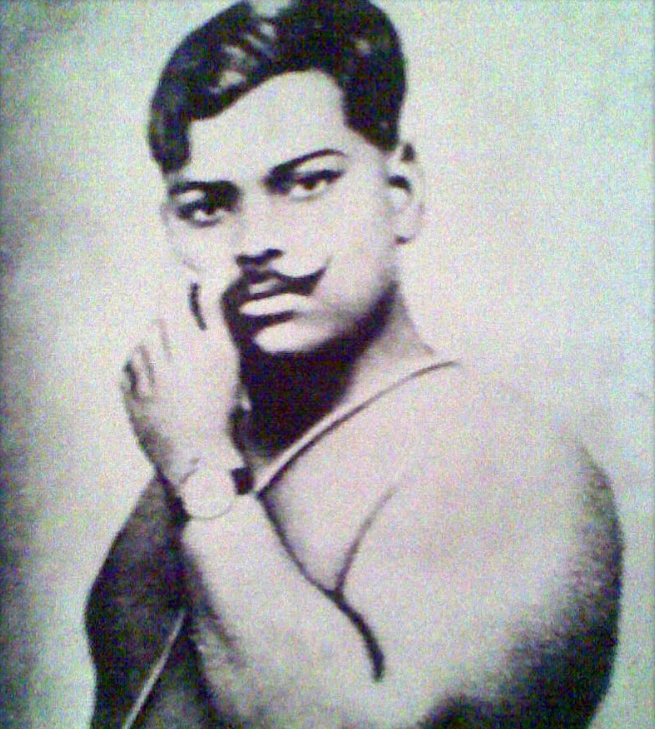
Source: aajtak
In Arvind Mandloi's book 'Jadunama', Javed Akhtar comments, “People think Urdu poetry is just about wine and beloveds, but at every stage of India’s freedom movement, Urdu poetry played a critical role. The Progressive Writers’ Movement in the 1930s united writers in all languages, showcasing a 'galaxy of stars' in Urdu literature.”
Javed Saheb continues, “Krishan Chander, Ismat, Bedi, Majaz, Faiz, Sardar Jafri, Jan Nisar Akhtar, Kaifi Azmi, Majrooh, and Sahir’s poetry reflects liberal and progressive values. Similarly, their stories exhibit progressive and liberal ethos. Urdu has always been a forward-looking, progressive, liberal, and secular language, though this isn’t widely recognized.”
Kausar Mazhari, a professor in the Urdu Department at Jamia Millia Islamia University, says, “Urdu poetry encompasses various aspects of human life and addresses the freedom movement through different poets’ perspectives. Numerous poems were written to inspire the freedom fighters.”
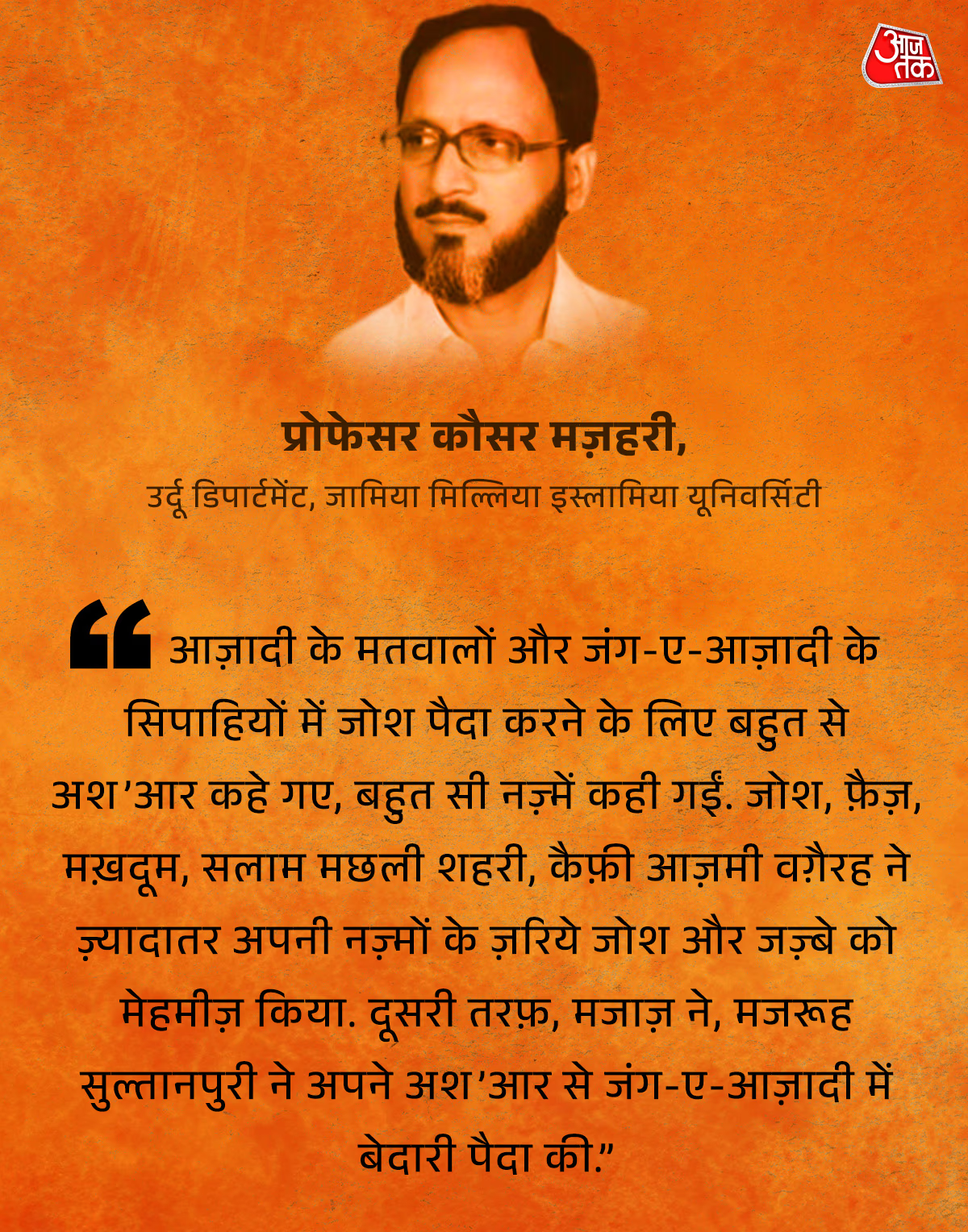
Source: aajtak
Mazhari further states that poets like Josh, Faiz, Makhdoom, Salam Machhli Shari, and Kaifi Azmi used their poems to incite zeal and passion among the masses, while poets like Majaz and Majrooh Sultanpuri awakened people through their verses. As Majrooh Sultanpuri said...
“Look beyond the prison to the vibrancy of spring; Dance if you must, but don’t look at the chains around your feet.”
Emerging Urdu poet Tasneef Haidar highlights,
